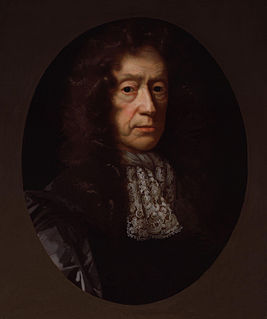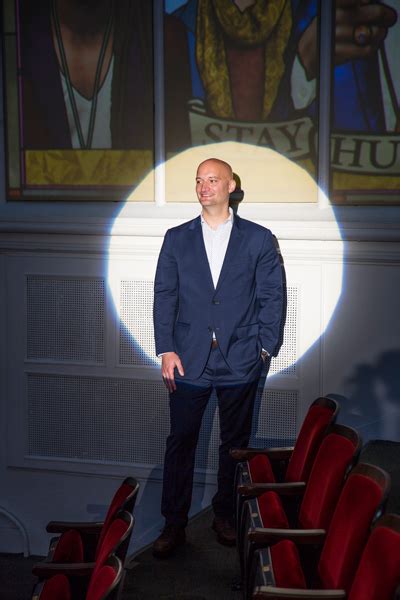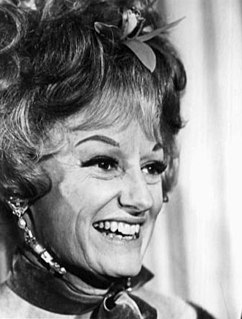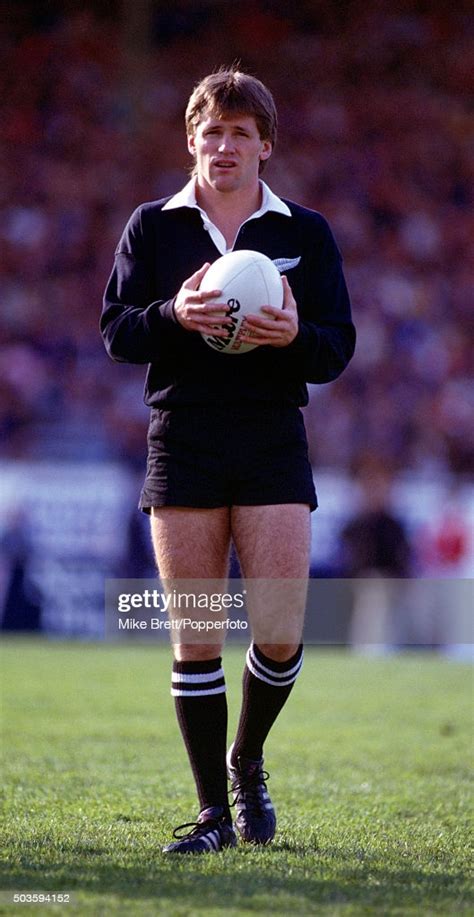A Quote by Katherine Philips
Religion, which true policy befriends,
Designed by God to serve man's noblest ends,
Is by that old deceiver's subtle play
Made the chief party in its own decay,
And meets the eagle's destiny, whose breast
Felt the same shaft which his own feathers drest.
Related Quotes
There isn't any (afterlife), you dingbat! This is it, baby! Enjoy, carefully! Religion is such a medieval idea. Don't get me started. I have thought about every facet of religion and I can't buy any of it. So God made man in His own image? It's just the other way around. Man made God in his own image. It's all about money.
Indeed all the saints are taught the same lesson - to renounce their own strength, and rely on the power of God; their own policy, and cast themselves on the wisdom of God; their own righteousness, and expect all from the pure mercy of God in Christ, which act of faith is so pleasing to God, that such a soul shall never be ashamed.
Does the open wound in another's breast soften the pain of the gaping wound in our own? Or does the blood which is welling from another man's side staunch that which is pouring from our own? Does the general anguish of our fellow creatures lessen our own private and particular anguish? No, no, each suffers on his own account, each struggles with his own grief, each sheds his own tears.
A man seeks his own destiny and no other, said the judge. Wil or nill. Any man who could discover his own fate and elect therefore some opposite course could only come at last to that selfsame reckoning at the same appointed time, for each man's destiny is as large as the world he inhabits and contains within it all opposites as well. The desert upon which so many have been broken is vast and calls for largeness of heart but it is also ultimately empty. It is hard, it is barren. Its very nature is stone.
True religion is when you serve God to get nothing else but more of God. Many people use religion as a way of getting something else from God they want-blessings, rewards, even escape from judgement. This is wearisome to us, and to God. But when God is His own reward, Christianity becomes thrilling. Sacrifice becomes joy.
The universal nature has no external space; but the wondrous part of her art is that though she has circumscribed herself, everything which is within her which appears to decay and to grow old and to be useless she changes into herself, and again makes other new things from these very same, so that she requires neither substance from without nor wants a place into which she may cast that which decays. She is content then with her own space, and her own matter, and her own art.







































